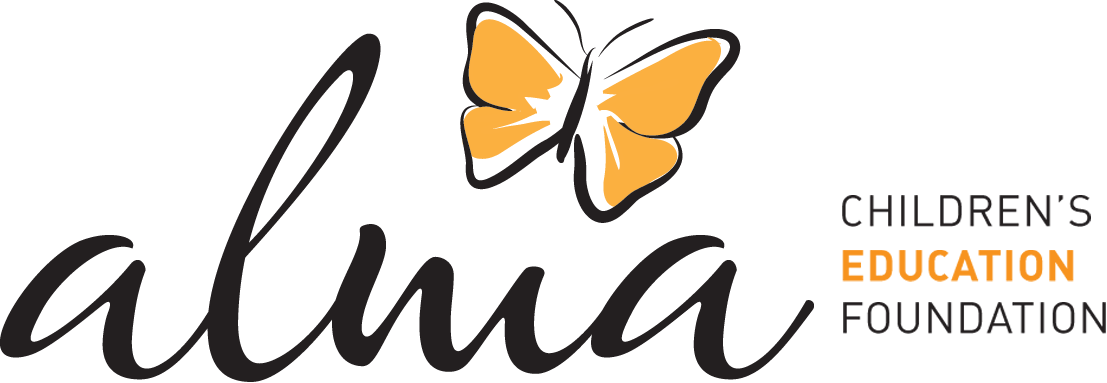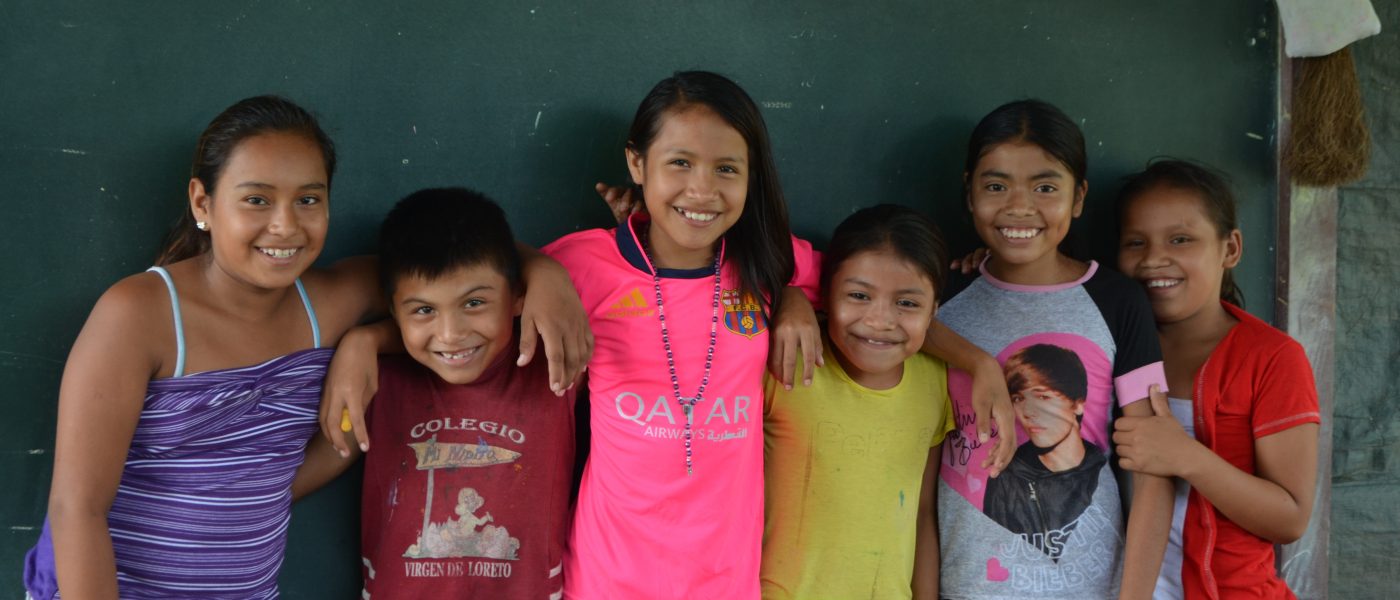Vision Statement
To realize, through investment in enlightened education, a new generation of creative, critical thinkers who will improve the quality of life for indigenous peoples in Latin America.
Mission Statement
The Alma Foundation creates and implements play-based and project-based education programs utilizing local indigenous knowledge and language to reinforce critical thinking, creativity, analytical reasoning, and harmonious values to shape socially responsible and environmentally conscious individuals within indigenous communities in Peru and Bolivia.
Guiding Principles
Grassroots. Our projects are created in conjunction with the people in our target communities. We only create a project where there exists complete “buy-in” from parents, children and community leaders. All projects incorporate local oral history, informal education, stories, myths, traditions and games. All programs are run in local indigenous language and Spanish.
Local engagement. For us, local engagement does not mean the approval of a community leader but the support of the entire community and regional political and educational bodies. We insist that the communities pay for at least 10% of a project’s total cost (contraparte) and that regional political entities provide any infrastructure required. Parents are expected to attend meetings and participate in their children’s education.
Microfinance and microphilanthropy. We believe that small projects are more cost effective than large ones. All of our projects are within a $12,000 annual budget. We maximize the social return on our investment.
Deep education. While our projects strive to have students attain State standards we believe that the purpose of education is changing and that the “development” of indigenous peoples as well needs to be done differently. Therefore we are very much focused on critical thinking and creativity and less on the “three Rs”. We pursue a sustainable, holistic approach and incorporate messages of social responsibility and environmental awareness into our projects.
Performance measurement. We have created unique, meaningful evaluation and performance measurement indicators that reflect our interest deep holistic learning.
Measuring Our Success
As we are a mostly volunteer organization: our “jobs” do not depend on the success of our projects, so we can be honest about what is working (and what is not) and avoid the “success bias” most charities have.
We enter into each project with a clear set of goals and measure our success in achieving these goals every three months. Students and teachers are required to do monthly video portfolio reviews on computers. Our teachers live in the communities where they work from Monday-Thursday and are therefore in a good position to not only interpret the students’ presentations but also to comment on the other indicators we use. The menu of indicators reflects our interest in a holistic outcome for our work.
The Impact Indicators we use
1. Attendance
2. Academics
-mathematics – mathematical reasoning
-communications – comprehension, writing
-sciences/civics
-computer skills
3. Critical Thinking
-analysis
-evaluation
-creation and justification of opinions
4. Creativity
-divergent thinking
-originality
5. Values and resilience
-personal: introspective
-social: empathy
-environmental: stewardship and interconnectivity
6. Hours invested per child
7. Students attempting and passing post-secondary school entrance exams
8. Parental engagement
-attendance at meetings
-home strategy – capacity
-contraparte
9. Ancillary non-education community benefits
10. Implementation of teaching methods
-Alma teachers
-State teachers
You can learn more about how we measure success in our Five Year Annual Report.
If this resonates with you, let us know! We are looking for supporters who appreciate the messy work of actually creating long-term change!

